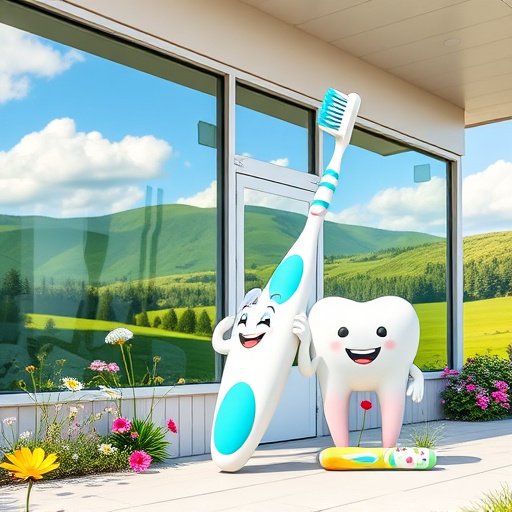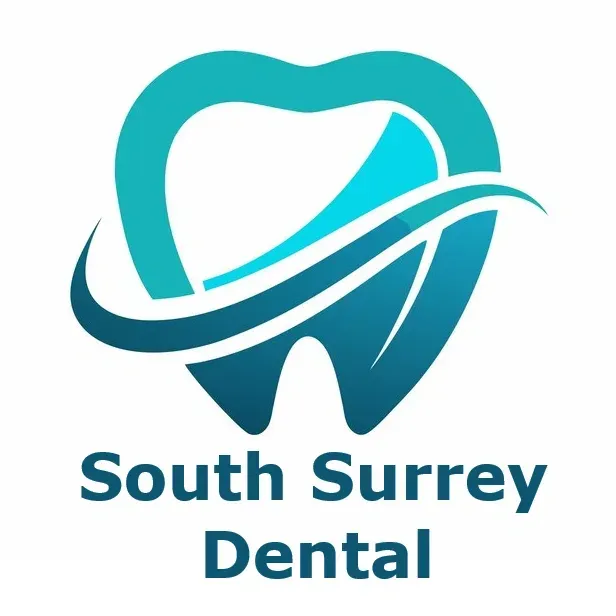
Can Receding Gums Grow Back? Understand Your Options Today!
Can Receding Gums Grow Back? Discover Effective Solutions and Insights!
Your smile is more than just teeth; it’s a reflection of your overall health. But what happens when your gums start receding, pulling away from your teeth? The question often arises: Can receding gums grow back? Let’s delve into the mysteries of gum recession, understanding its causes, exploring treatment options, and discovering whether it's possible to restore what’s lost.
Gum recession is a condition where the gum tissue surrounding your teeth pulls back, exposing more of the tooth or its root. This process can result from various factors—poor oral hygiene, aggressive brushing, periodontal disease, genetics, or even habits like nail-biting or teeth grinding. When gums recede, they leave teeth vulnerable to decay, sensitivity, and even tooth loss.
Many wonder, “Can receding gums grow back?” The straightforward answer is—
**In most cases, natural regrowth of receded gums doesn’t occur on its own.** Once gum tissue has pulled away, it generally does not regenerate spontaneously. The body's natural healing processes are limited in this area because gum tissue has a poor blood supply, which impairs natural regeneration. However, this does not mean there are no ways to restore gum health or reverse some effects of recession.
If your gums have receded, the good news is that professional treatments can significantly improve your gum health, even if they don’t exactly make gums grow back in the traditional sense. Let’s look at proven methods.
- Scaling and Root Planing: Deep cleaning to remove plaque and tartar beneath the gum line, halting progression of gum disease.
- Gum Grafting: Surgical procedure where tissue is taken from another area or processed biologically to cover exposed roots.
- Pinhole Surgical Technique: Minimally invasive method that repositions existing gum tissue without grafts.
- Platelet-Rich Fibrin (PRF) Therapy: Uses your own blood components to stimulate regeneration of gum tissue.
- Proper Oral Hygiene: Consistent brushing, flossing, and professional cleanings are essential to prevent further recession and maintain gum health.
Adopting healthier habits can stabilize your current gum health and prevent worsening. Here’s what you can do:
- Use a soft-bristled toothbrush and gentle brushing techniques.
- Avoid abrasive toothpaste that can wear down gum tissue.
- Address teeth grinding or clenching with a nightguard.
- Manage underlying health conditions like diabetes that influence gum health.
- Quit smoking, as tobacco greatly impairs gum tissue regeneration and healing.
While natural remedies cannot reverse gum recession, they can support overall oral hygiene and gum health:
- Oil Pulling: Swishing coconut or sesame oil may reduce bacteria that cause gum disease.
- Aloe Vera: Known for its anti-inflammatory properties, aloe vera gel can soothe inflamed gums.
- Green Tea: Rich in antioxidants, green tea may help reduce gum inflammation and bacterial growth.
Remember, these are supplementary; professional treatment remains essential for reversing gum recession. For expert care, visit our teeth cleaning services for a comprehensive assessment.
Protection begins with disciplined habits. Here are some daily tips to safeguard your gums:
- Brush twice daily with a soft-bristled toothbrush and fluoride toothpaste.
- Floss once a day to remove plaque between teeth.
- Use an antimicrobial mouthwash to reduce bacteria and plaque build-up.
- Avoid sugary snacks and drinks that fuel bacterial growth.
- Attend regular dental check-ups to monitor your gum health.
If you notice signs such as increased tooth sensitivity, redness, swelling, or visible gum pullback, scheduling an appointment is crucial. Early intervention can prevent further damage and improve treatment outcomes.
Click here to learn do I need a referral to see a dentist about gum issues or other dental concerns.
Regenerative procedures like gum grafts and biologic therapies aim to restore gum tissue and bone that have been lost. Although they don’t truly make receding gums grow back in a natural way, they help rebuild lost volume and support overall oral health, giving your smile a fuller, healthier appearance.
Many patients wonder about coverage for procedures like gum grafts or periodontal therapy. It’s best to consult your insurance provider or your dental office’s team to understand your specific plan. Find out whether common procedures are covered by exploring dental insurance coverage.
Absolutely. Preventing gum recession is closely tied to daily care and early intervention. Regular professional cleanings and prompt treatment of gum disease can halt progress before irreversible damage occurs. Prevention is your best defense against receding gums.
The field continues to evolve with minimally invasive techniques, regenerative approaches, and biocompatible materials. Technologies like laser therapy for periodontal disease or advanced grafting materials offer less discomfort and faster healing. Staying informed about these options is vital for optimal care.
Final Thoughts: Can Gums Recede and Still Be Rescued?
While naturally regrowing receded gums isn't typical, numerous effective treatments can volumize and restore your gum line, protect your teeth, and improve your smile. Early diagnosis, personalized treatment plans, and diligent home care can make a decisive difference.
Your journey to healthier gums begins with understanding your condition and seeking expert guidance. For personalized advice and comprehensive care, contact South Surrey Dental today.
Frequently Asked Questions (FAQs)
Home remedies support overall oral health but cannot reverse existing gum recession. Professional treatments like gum grafting are necessary for regeneration.
Healing time varies; minor procedures may heal in a few weeks, while more extensive surgeries could require several months. Your dentist will provide a tailored timeline.
Yes. Maintaining impeccable oral hygiene, avoiding harmful habits, and attending regular dental visits are the keys to preventing further recession.
Signs include sensitive teeth, bleeding gums, persistent bad breath, and visible gum pullback. If you notice any of these, consult your dentist promptly.
As with any surgical procedure, risks exist but are generally minimal when performed by experienced professionals. Your dentist will discuss potential risks and benefits in detail.




















